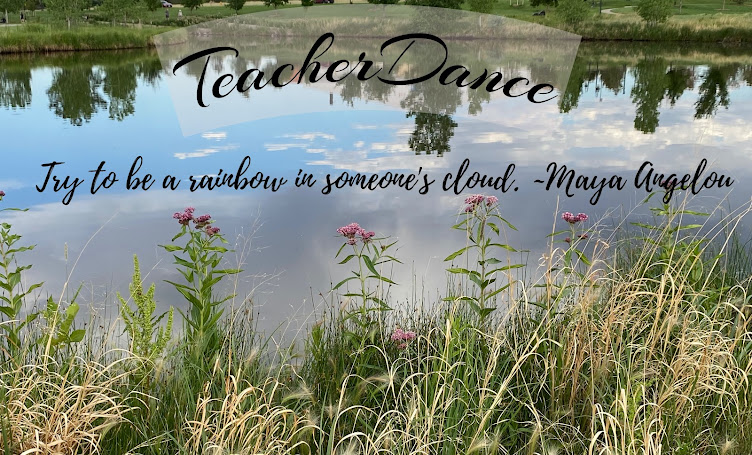 |
| art by Sarah S. Brannen |
Thanks for the advanced copy of this book from Laura Purdie Salas. Say Happy Birthday to it tomorrow, March 1st!
Early in school, sometimes even pre-school, curriculums include studies of families. And sometimes picture books are read to children that show what used to be a "normal" family: mother, father, one or more kids. In our world, however, lots of different human families exist and it's great to know that "normal" is just a six-letter word that includes a wide array of combinations. It's also terrific to see different make-ups of families presented by Laura in her latest book, Meet My Family, Animal Babies and Their Families. Laura is known for numerous and marvelous non-fiction poetry books like A Rock Can Be, and while the writing is poetic, this is not a poetry book, but a wonderful sharing of twenty-two animal babies and families, and a peek at a few human families, too!
There are interesting differences among the behaviors: some fight for food with siblings like pigs; other stay with families for a long time, like beavers for two years; and all the 'ladies' in the elephant herd care for the young, no males allowed! Interesting diversity is shown with river otters, who play and stay all together. Everyone cares for the other, a big family, contrasted with the baby green sea turtle who from its hatching, must fend for itself, all alone.
Stephanie Fizer Coleman paints the families realistically in their colorful habitats, adding the names of each baby animal, like a rhino calf and a great white shark pup. And when appropriate, some other languages are used, like "mi madre" for "my mother" on the wood stork page and Mamàe and Papai on the page about the South American Titi monkey.
Additional information includes a glossary with the various terms used, the animal name, word for parents, pronunciation, meaning, with what language and region, a page with short pieces about where each animal lives, an author’s note and a list for further research.
Additional information includes a glossary with the various terms used, the animal name, word for parents, pronunciation, meaning, with what language and region, a page with short pieces about where each animal lives, an author’s note and a list for further research.
Laura wants us to know that “we can be loved and cared for in many different ways.” It's nice to imagine reading this book to young children and having them draw and write about their own families. Thanks to Laura, we can do that!
One added thing to love: the back cover by Stephanie Fizer Coleman shows sweet portraits in picture frames of all the animals/ paralleling the front cover - so, so cute.
"Each family's different. Each family's just right."
Eileen Christelow once noticed a robin who built her nest on a hoe in an open shed one year. Her husband moved it to use the hoe and Mother Robin built another nest “on the hoe”. Eileen began to investigate, didn’t understand what was going on. Evidently, this mom wanted “that” place. Since then, this book, Robins! How They Grow Up, has been written and illustrated by Eileen. She’s chosen to have two young robins tell their tale, and they even started with Dad’s journey, they say, “before we were born.” Eileen has craftily managed to create a youthful voice from these two young robins, telling their story in short text, and at the bottom of the pages, they’re seen speaking to each other. With her beautiful watercolor/black outlined pictures, some large, some small, she manages to show and tell, as the title says, "How They Grew Up" a lot of robin action. Many of the pages' illustrations are in boxes, reminding of a scrapbook. She shows when they must protect the eggs from a greedy squirrel, or save one newly fledged youngster who isn’t strong enough to fly back to the nest. It’s hiding in tall grass, while a cat lurks nearby. The dangers, like squirrels and cats, later hawks, are handled well with the use of the word Danger! also showing what the parents do when that call to action happens.
From the father flying north to scout out the best territory, then mother arrives and constructs the nest. Eileen’s watercolor pictures with black outlining are light with “spring-like” colors. She shows lots of action, especially when danger arrives or the robins are showing their new children how to do things, like find food. I imagine adults know most of the content, but there is an author's note, glossary, a section of added content and a bibliography at the back. This book was out just a few days ago, a good companion for Laura's book above.



Thank you so much for sharing MEET MY FAMILY, Linda! I hope it finds its way into the hands of many caring teachers like you :>) And ROBINS looks fun! Off to put it on reserve--thank you again!
ReplyDeleteYou're welcome, Laura. I love the book, shared it with Imi, who loved it, too! Happy Book Birthday tomorrow!
DeleteI loved all the details in Robins! I was surprised how many things I didn't know about these birds, though I've watched them all my life. Looking forward to reading Meet My Family!
ReplyDeleteI know what you mean. I had no idea that the males came first to 'scout' the territory, and loved seeing the day to day growing of the babies. Enjoy Laura's book, a wonderful one. Thanks, Annette!
DeleteI love books by Laura Purdie Salas. When I first saw this one reviewed, my library did not have it. Thanks for reminding me because now they do! I hope to be reading this one soon.
ReplyDeleteHurrah! I know you'll love it!
DeleteThere seems to be lots of books about robins this year.
ReplyDeleteMaybe the result of some hard winters? HA! Thanks for coming by, Earl!
Delete